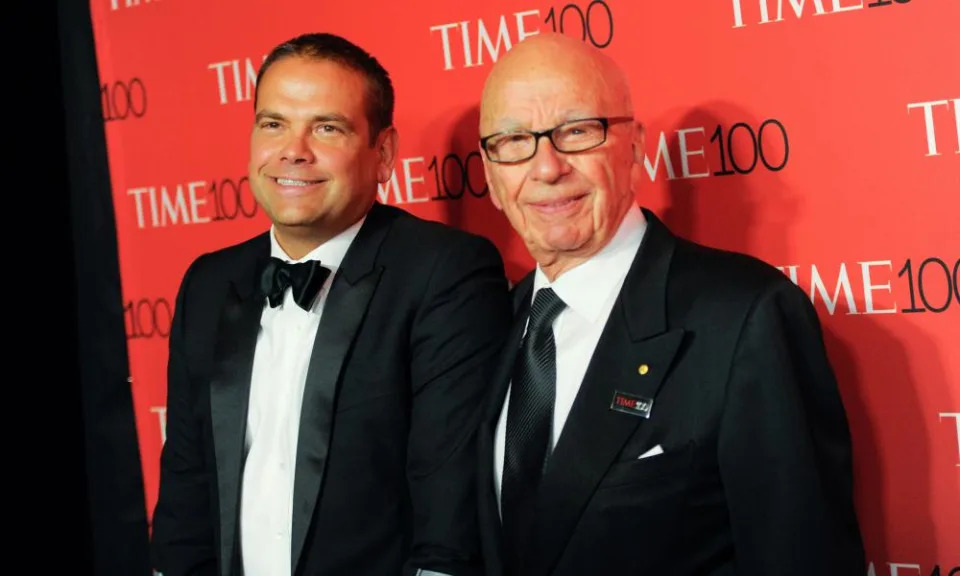Vincent Pasquier, Professeur en GRH et relations professionnelles, HEC Montréal,
Sun, September 24, 2023

There is hope that social media can breathe new life into the labour movement. (Shutterstock)
Union membership in Canada has been declining over the past four decades. In 2022, the percentage of employees who are union members fell to 29 per cent from 38 per cent in 1981. This decline has been partly attributed to the stagnant or outdated image of unions, which makes it difficult for some workers to relate to these organizations.
There is hope that social media can breathe new life into the labour movement. Social media platforms offer unions the opportunity to communicate with their members, advocate for their causes, address grievances and rally public support swiftly and efficiently.
However, social media is not a panacea for the challenges facing unions. Our recent research reveals that rather than revitalize the public image of unions, social media can sometimes have the opposite effect, underscoring a serious concern: the potential for unions to become invisible online.
Widening the divide
Our research has identified four ways in which social media can distort the image of unions. First, it can increase the “us versus them” divide between unions and entities like companies, employers or governments. This growing divide can be partly attributed to the normalization of vehement or abrasive disagreements online.
This effect is reminiscent of the heightened political polarization we are witnessing today with the widening chasm between left- and right-leaning groups. Social media has played a role in exacerbating this type of polarization.
According to the union communication managers we spoke to, there is a higher tolerance for aggressive communication online. This phenomenon is fuelled by the fierce competition among organizations vying for the fleeting attention of social media users.

An argumentative online culture and the fleeting attention of social media users have led some unions to adopt briefer, less nuanced and more assertive communication styles. (Shutterstock)
The combination of these two factors — an inherently argumentative online culture and the pursuit of attention — has led some unions to adopt briefer, less nuanced and more assertive communication styles. The fervour generated by such polarizing content can rally supporters and drive conversations that amplify the union’s message.
Importantly, not all unions experience this effect to the same degree. Our findings indicate that unions with an activist background are more likely to be polarized online.
Self-centeredness
The second way social media can distort the online image of unions is by fostering self-centred behaviour. Social media has been shown to encourage narcissistic behaviour in its users and our research suggests this also applies to organizations like unions.
Unions can unintentionally distort their online image by portraying their members in an overly positive way. Our research found that content praising union members tended to generate more engagement, such as likes, comments or shares. As a result, some communication managers gravitated towards this type of content to increase online engagement.
This tendency was most pronounced in unions with a homogeneous membership and strong professional identity, where fostering a sense of professional pride is easier.
Becoming a caricature of themselves
The third way social media can distort the online image of unions is through caricaturing, a process that exaggerates the characteristics of a union to the point of appearing absurd or grotesque.
This type of distortion likely stems from the pressure to maintain an active online presence by posting frequently. All the unions in our study posted between five to seven messages weekly on their Facebook pages.
However, not all the unions had fresh or engaging content to share regularly. As a result, their communications often became overly repetitive and focused on routine activities, such as union meetings, assemblies and the signing of collective agreements. This led to an exaggerated, caricatured online representation of the unions.
Unions most susceptible to self-caricaturing online were those with a more bureaucratic mindset, as they were less likely to have new and interesting content to share consistently.
Disappearing behind the news
The final way social media can distort the online image of unions is through what we call the “fading effect.” This occurs when communication managers over share news articles from external media outlets, rather than sharing news directly related to the union itself.
This can result in a decline in an organization’s visibility and relevance online — to the point where the identity of the union almost disappears. This effect becomes more pronounced when there is no accompanying text or references connecting the shared news articles to the union or its members.
Unions most susceptible to the fading effect are those with social media managers who lack expertise or those that have a servicing model of unionism as opposed to the organizing model.

Unions that only share news articles, instead of news about themselves and their members, risk fading into the background too much. (Shutterstock)
Social media can be a double-edged sword for labour unions. While certain distortion effects may yield positive outcomes, others have negative effects. Polarizing and self-centredness, for example, can be beneficial because they increase online engagement, but caricaturing and fading effects can decrease online engagement.
A lack of engaging online content poses a significant risk to unions, potentially rendering them algorithmically invisible. Studies have shown that caricaturing and fading effects are prevalent among unions, increasing the risk of the labour movement being marginalized in the digital public sphere.
Since communication plays a key role in bolstering the power of unions, there is a legitimate concern that social media could weaken their ability to defend workers’ rights, instead of strengthening it.
Our research underscores the need for unions to think about how they can transform their images online with more effective social media communication. As the labour movement adapts to the digital age, the balance between engagement and algorithmic visibility is vital for the future of workers’ advocacy.
This article is republished from The Conversation, an independent nonprofit news site dedicated to sharing ideas from academic experts.
It was written by: Vincent Pasquier, HEC Montréal; Christian Lévesque, HEC Montréal, and Marc-Antonin Hennebert, HEC Montréal.
Read more:
Can ❤️s change minds? How social media influences public opinion and news circulation
Striking a balance: How the law regulates picket lines
Christian Lévesque receives funding from Fonds de recherche du Québec - Société et culture.













